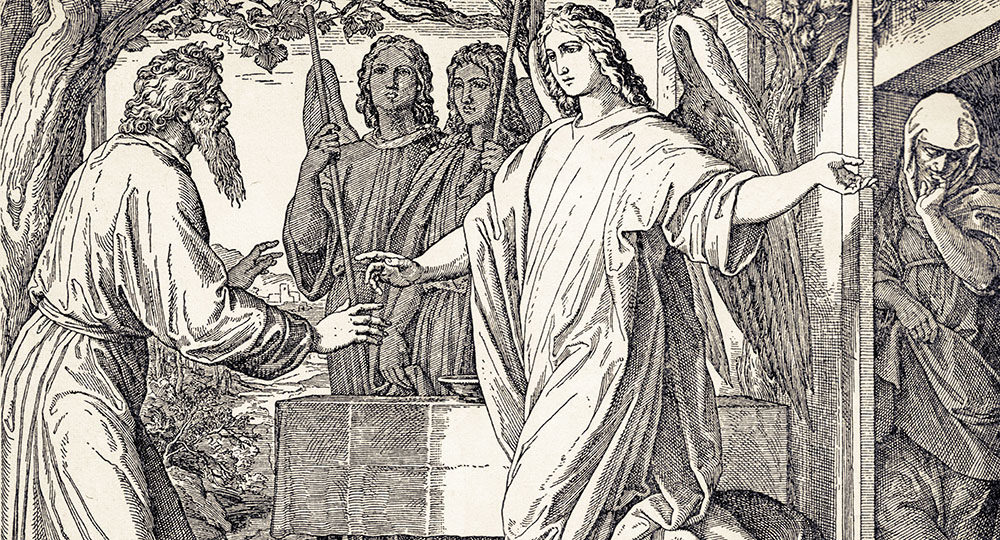Learning to Wait on God
A biblical prophecy is not merely a prediction. It is a sure promise about the future. God is ever faithful to keep His promises, even though He often does so many years down the road. And a test of faith often involves waiting on the Lord.
Abraham is known as the father of faith. Scripture says he was 75 years old when he departed from Haran with the promise that God would bless him, make a great nation of him, make his name great, bless those who bless him, and curse those who curse him (Gen. 12:1–4).
While still childless, Abraham was promised that his descendants would be “as the dust of the earth; so that if a man could number the dust of the earth, then your descendants also could be numbered” (13:16).
God made an unconditional covenant with Abraham and bound only Himself to perform its agreements (Gen. 12—17).
Years later, however, Abraham was still childless. Yet God assured him that his descendants would come through his own body and that Sarah, his rightful and elderly wife, would bear his son:
I will make you exceedingly fruitful; and I will make nations of you, and kings shall come from you. And I will establish My covenant between Me and you and your descendants after you in their generations, for an everlasting covenant, to be God to you and your descendants after you. Also I give to you and your descendants after you the land in which you are a stranger, all the land of Canaan, as an everlasting possession; and I will be their God. Sarah your wife shall bear you a son, and you shall call his name Isaac; I will establish My covenant with him for an everlasting covenant, and with his descendants after him (17:6–8, 19).
Naturally, Sarah laughed when she heard this announcement, for she was 90 years old; her husband was nearly 100 (v. 17). But God was true to His Word, and Isaac was born as promised (21:1–7). Thus God began His creation of the nation of Israel with a miracle, for which He made Abraham wait 25 years.
Why did God take so long to fulfill this part of the promise? First, the long wait emphasized that nothing is too difficult for the Lord and that “with God nothing will be impossible” (18:14; Lk. 1:37).
Second, Abraham was being spiritually conditioned to believe and trust the promises, since most of them did not come to fruition in his lifetime.
Making Abraham wait was God’s method to produce, build, and sustain a strong faith. Rather than doubt God, Abraham, “contrary to hope, in hope believed, so that he became the father of many nations” (Rom. 4:18).
And not being weak in faith, he did not consider his own body, already dead (since he was about a hundred years old), and the deadness of Sarah’s womb. He did not waver at the promise of God through unbelief, but was strengthened in faith, giving glory to God, and being fully convinced that what He [God] had promised He was also able to perform (vv. 19–21).
God may not always fulfill His promises immediately, but He will always fulfill them eventually. Timothy Cruso, a 17th-century English Puritan, said it well: “Promises, though they be for a time seemingly delayed, cannot be finally frustrated….The heart of God is not turned though His face be hid; and prayers are not flung back, though they be not instantly answered.”







